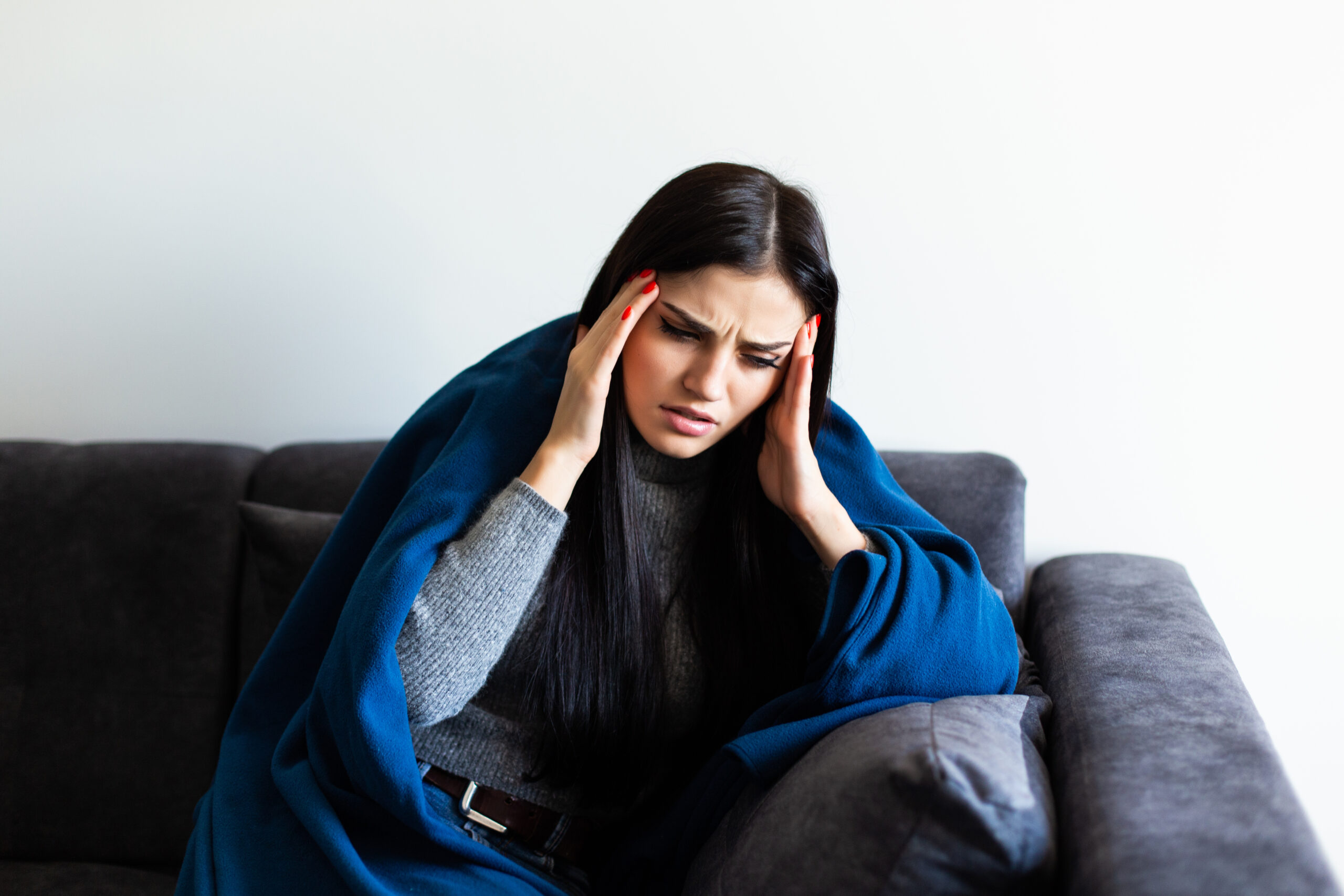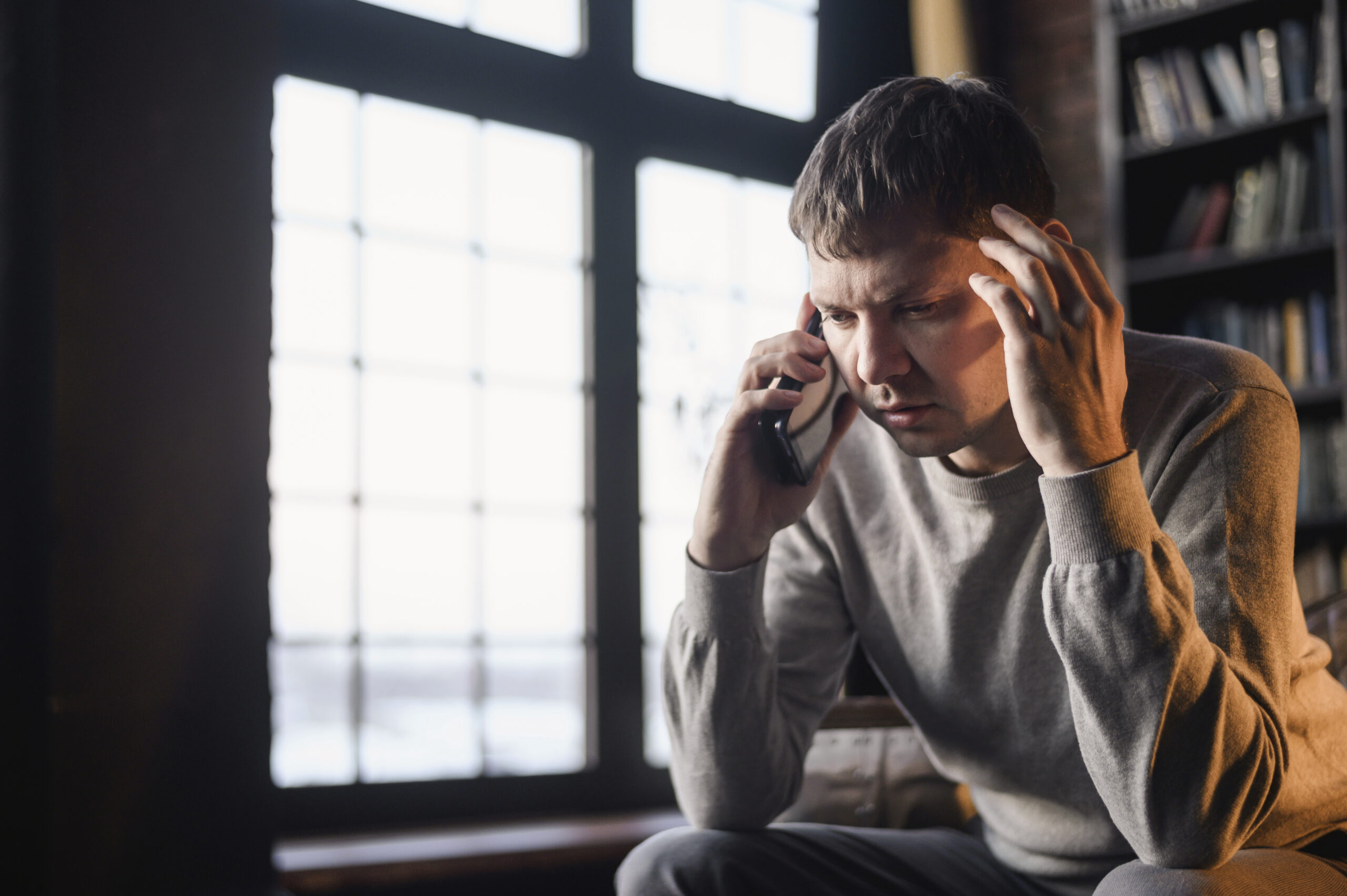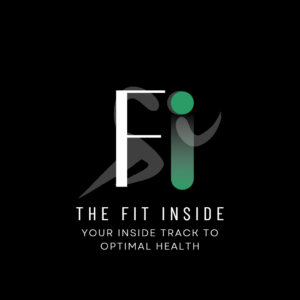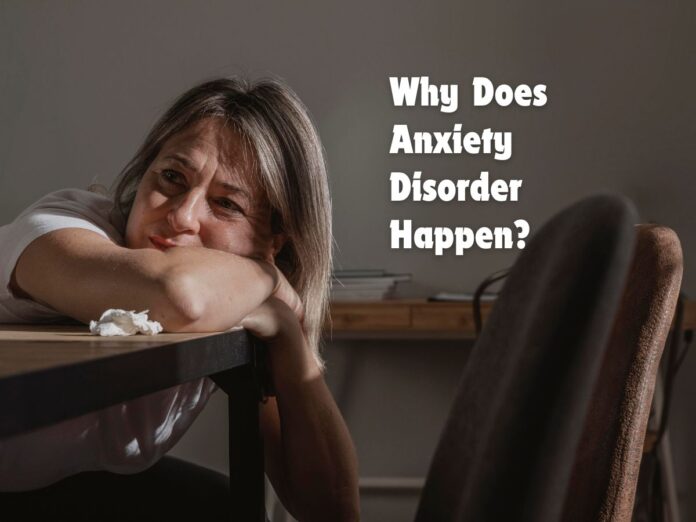The current generation is facing a major issue of numerous mental health conditions to handle and get through their day. One such leading issue is experiencing Anxiety Disorder irrespective of the age group. Anxiety must be a single term, but it covers a clump of mental problems that a person might feel at once.
The given article is a complete analysis of the problems faced while dealing with such disorders and also solutions that will help you to heal them.
Anxiety Disorder Meaning Explained!
Anxiety Disorder is a type of mental health condition that holds back your normal abilities to respond in a situation. You might experience the feeling of fear and dread while talking or responding. Your body can also show some physical symptoms of heart pounding and sweating. A 2023 Gallup survey has found that almost half of Gen Z (ages 12 to 26) often or always feel anxious.
Symptoms of anxiety include breathing rapidly, feeling jittery, having low energy, poor concentration, and being quick-tempered. It can also make your heart beat faster, and your chest and stomach may feel uncomfortable. Different people may have different symptoms.
Causes Of Anxiety
In everyday talk, people often use the words anxiety and fear in place of each other. To the doctor, anxiety and fear are a different entity from what is experienced by patients. Anxiety is when one feels irritated without an identifiable cause or when one feels powerless or helpless to keep away from a situation. Fear is when one feels threatened due to a real or imagined danger that exists beyond the individual.
However, an anxiety disorder is more serious than the normal feelings of being nervous or a little scared that you might experience occasionally. Anxiety disorder occurs when:
- You feel distracted, and anxiety makes it hard for you to work properly.
- You tend to get very worked up when something makes you feel a lot of emotions.
- You cannot choose your reaction to things.
Also Read: What is Male Manopause?

Some Common Anxiety Disorders Symptoms To Notice
A quick check reveals that we all experience anxiety at some point in our lives, and that is why it may be challenging to determine when a particular condition qualifies as an anxiety disorder.
If such is the case and often for a really long time, staying worried and scared to a point where it hampers one’s activities, then one needs to see the mental health doctor. There are different kinds of anxiety disorders, but the most common signs are:
- Faster heart beating and breathing heavily
- Tightened muscles
- Feeling pressure in the chest
- Unverified and increasing concerns and feeling uneasy
- Think too much about unimportant things and feel like you have to take certain actions all the time.
How Anxiety Disorder Is Treated?
Anxiety disorders do not merely refer to a person’s experience of having a Romeo feeling of nervousness. They can become the parasitic, constant stream of thought that dominates your waking life to the point where it becomes difficult to feel or move, go to bed, wake up, or step outside.
But here’s the good news: at times, we find light in the darkness of darkness. Today, anxiety is super treatable, and trust me when I say that with proper intervention you can regain the wheel.
Cognitive Behavioral Therapy
You and your therapist will team up to identify unhelpful thinking patterns that fuel your anxiety. Maybe you constantly tell yourself you’ll mess up that presentation, or you convince yourself everyone will be judging your every move. CBT helps you challenge these negative thoughts and develop more realistic and empowering ones.
Exposure Therapy
Another therapy called exposure therapy is like facing your fears head-on but in a safe and controlled environment. Say you have a fear of public speaking. Your therapist might gradually expose you to situations that trigger your anxiety, like giving a practice presentation to a small group or even just recording yourself speaking.
As you learn to manage your anxiety in these situations, you gain confidence and the ability to face your fears in the real world.
Meditations
Often, anxiety is like ‘riding’ a speeding train that is out of control. It is okay sometimes to have a pill with instructions written on it that once you take it, things will get back into order. Generally categorised as antidepressants, these drugs slow down the process through which your body reabsorbs certain naturally occurring chemicals in the body; hence, they are referred to as reuptake inhibitors.
Another type of drug that can help fight anxiety is anti-anxiety medications, which can also help one get rid of severe anxiety attacks in the shortest possible term; however, one should not forget about the side effects and the chance to develop an infinitely dependent on drugs.

Final Note!
You should not allow the feeling of anxiety to hinder you from pursuing your goals. Start engaging yourself today. You should find therapy from a doctor or a mental health worker. Together, an approach can be worked out that will help minimise or at least control your Anxiety Disorder and regain the necessary control over your life.
All the best and remember that there is hope and a way of getting the right tools so that one can learn how to live a life of peace rather than existing like a hamster on a wheel.

